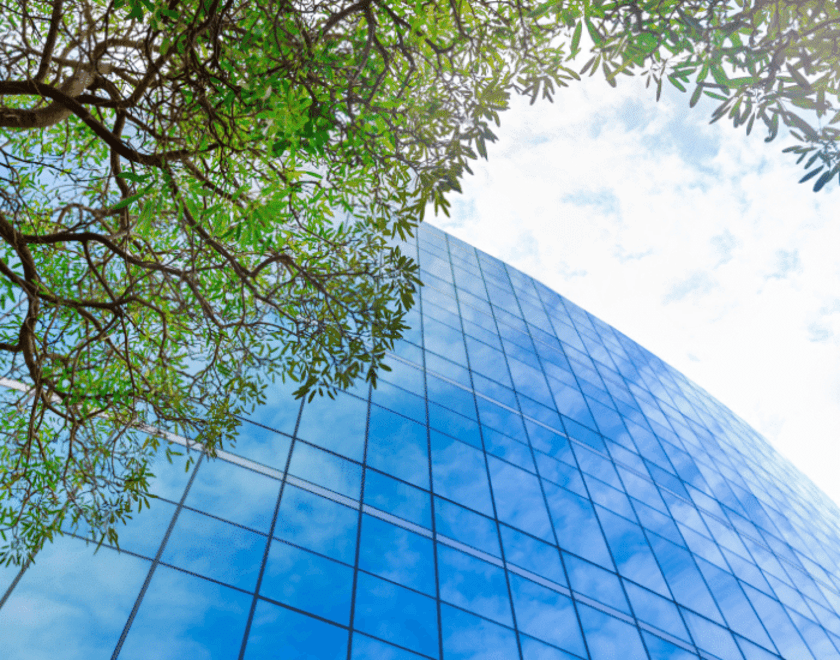Fuelling the future with green energy
13 September 2019Fuelling the future with green energy
13 September 2019All of us share the responsibility of reducing our carbon emissions so that we and the generations to come on planet Earth have a healthy and sustainable future. Clearly we want to move as far and as fast as we can, but let’s not kid ourselves on what can and can’t be achieved. I’m not saying that we shouldn’t be ambitious, but we do need to be realistic.
One thing we can all do now is look at our own lives and consider how we can make some small changes to minimise our own carbon footprints, whether that be re-thinking fast fashion choices or switching off the lights when you’re not in a room. “It won’t make any difference” I hear you say. But I promise it does. The UK may be a small island but if its tens of millions of people all just do a handful of things which reduce their impact on the environment it adds up and it can make a difference as individuals.
However, it’s when you look at the corporate world that you realise how much potential there is to make some real gains and for them to drive change. In particular I want to focus on energy in this article.
For context, energy production of all types accounts for around three quarters of all global carbon emissions, with electricity and heat being the single biggest at around 30%. It’s a huge opportunity around which to focus significant resources.
In 2018 the UK’s carbon emissions fell for the sixth year in a row taking us back to a level which was the norm towards the end of the Victorian era. The decreasing use of coal to generate electricity has been largely credited as the main factor behind the 25% reduction which leaves me with two thoughts. Firstly it shows that with the right government policies and levels of investment in place it is possible to move towards greener solutions. Secondly, this low hanging fruit will have been picked completely by 2025 when the last remaining coal power stations are phased out, so what are we going to do next to continue the downward trend?
For starters, at SEGRO, we want to help our customers reduce the amount of energy they need to operate by making our buildings as efficient as possible. Given that using less energy also means lower bills, why wouldn’t this be something we’re all striving for? And with the energy they do require, we want to make it easier for the people we work with to switch to green energy sources, whether that be our customers, our employees or our suppliers.
When it comes to our warehouses, one of the key ways in which we are helping reduce our carbon footprint is to move all of the supplies that we control over to green energy sources. Already we are carbon neutral in Germany and the Netherlands, 98% of our supplies in France are green and we will be moving the UK over towards the end of this year. We are still looking for a reliable supply in Poland and will look to move as soon as possible. Where we are not in direct control we’re working hard so that a green energy choice is always available to us and our customers.
Large warehouses also have lots of roof space so we’re also trying to make the most of that by installing solar panels, and we’re piloting schemes to look at how battery technologies can be used to even out the peaks and troughs that occur with most renewable energy forms. Furthermore we’re also making sure that all our new developments have the future-proofed infrastructure for the inevitable shift to electric vehicles in the future.
It's easy to see why energy is therefore one of the core pillars of our new 2025 sustainability strategy, in which we’re committed to reducing our carbon footprint by 40% in line with the Paris climate agreement. We’re also focusing on how we can reduce the carbon used to create our building materials, particularly steel and concrete, by looking at alternative materials, better use of recycled materials and local sourcing.
So going back to my original point, we’re being ambitious, but realistic. And in a global context the difference we can make as a company will be modest, but it’s important we deliver upon our shared responsibility to reduce our carbon footprint.
